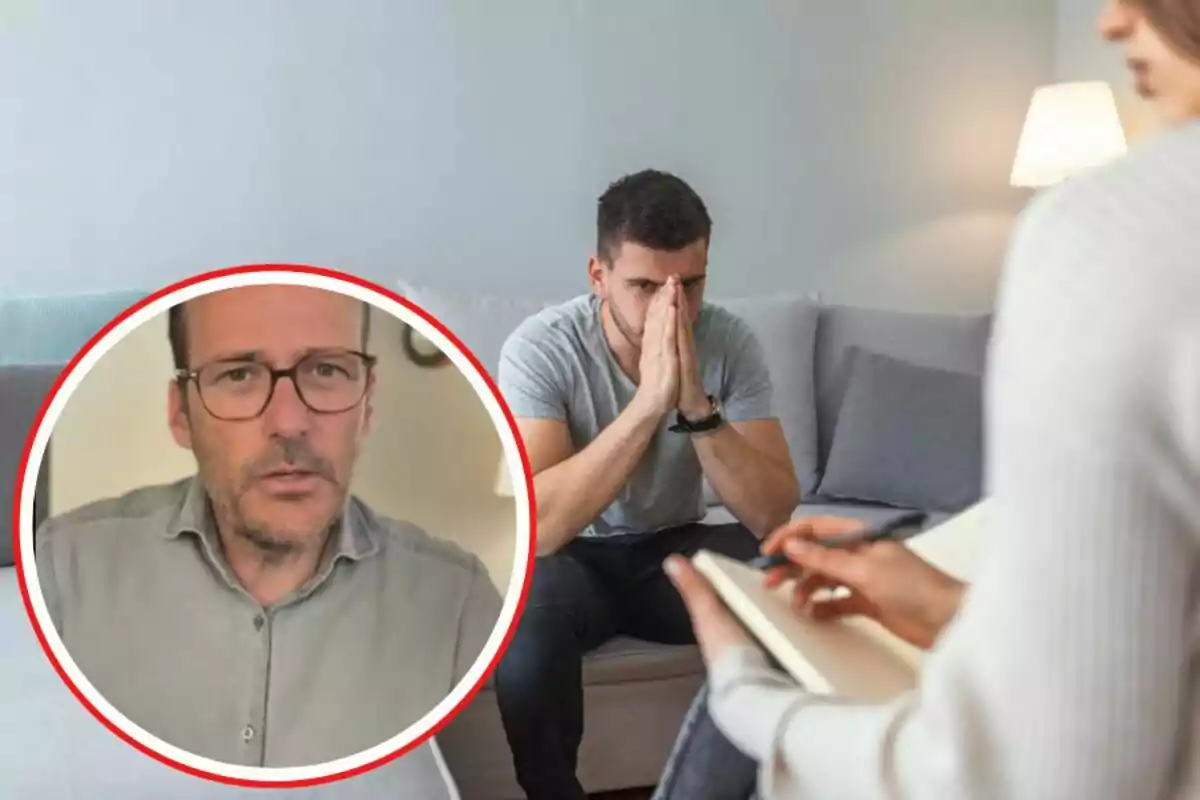Talking about mental health is becoming more and more common, but people don't always understand what psychological recovery involves. Many people still expect immediate solutions for deep emotional distress. That's where frustrations, discomfort, and sometimes guilt arise.
Social pace demands quick results and express returns to work, even when emotional well-being needs calm and constant support. In that context, expert voices become essential to clarify ideas. One of them, with great resonance on social media, is clinical psychologist Fernando Azor.

Two common obstacles on the path to psychological leave
Azor has recently explained on his TikTok account what happens when someone considers requesting leave for psychological reasons. Despite social progress, there are still barriers that make taking that step difficult. According to him, the first obstacle appears in the medical consultation.
"Your doctor must consider the leave appropriate and not feel that you're exaggerating," he points out. Although some professionals propose it as part of the treatment, verbalizing it can generate guilt. It's common for the patient to feel like an impostor or to fear that what they've expressed will be doubted.
The second difficulty begins right after obtaining the leave. Instead of feeling relief, many people feel pressure to return to work as soon as possible. However, Azor is clear: "Psychological issues don't subside in a short time."
The psychologist explains: emotional recovery requires time
Azor reminds us that these developments aren't linear or instantaneous. The minimum duration of a leave is usually 2 weeks (15 days) and often extends for two or three months. This is because psychological change involves developing new skills.
During that period, the patient must attend medical check-ups and reviews by the mutual insurance company. "They do their job, but that creates a sense of doubt that makes you feel uncomfortable," Azor acknowledges. This constant monitoring, although necessary, can increase emotional pressure.
The psychologist insists that emotional well-being requires commitment, professional support, and understanding from one's environment. It's normal to experience ups and downs during that process.

Taking care of yourself isn't giving up: it's the first step toward improvement
For those going through a difficult time, Azor sends a message of reassurance. "It's logical that you'll have to keep facing those two obstacles until you recover," he explains. Accepting that reality is the beginning of a valuable and transformative process.
Mental health needs time, attention, and normalization. There are no shortcuts to healing, but there are safe paths when accompanied properly. As Azor reminds us, taking care of yourself is also moving forward.

